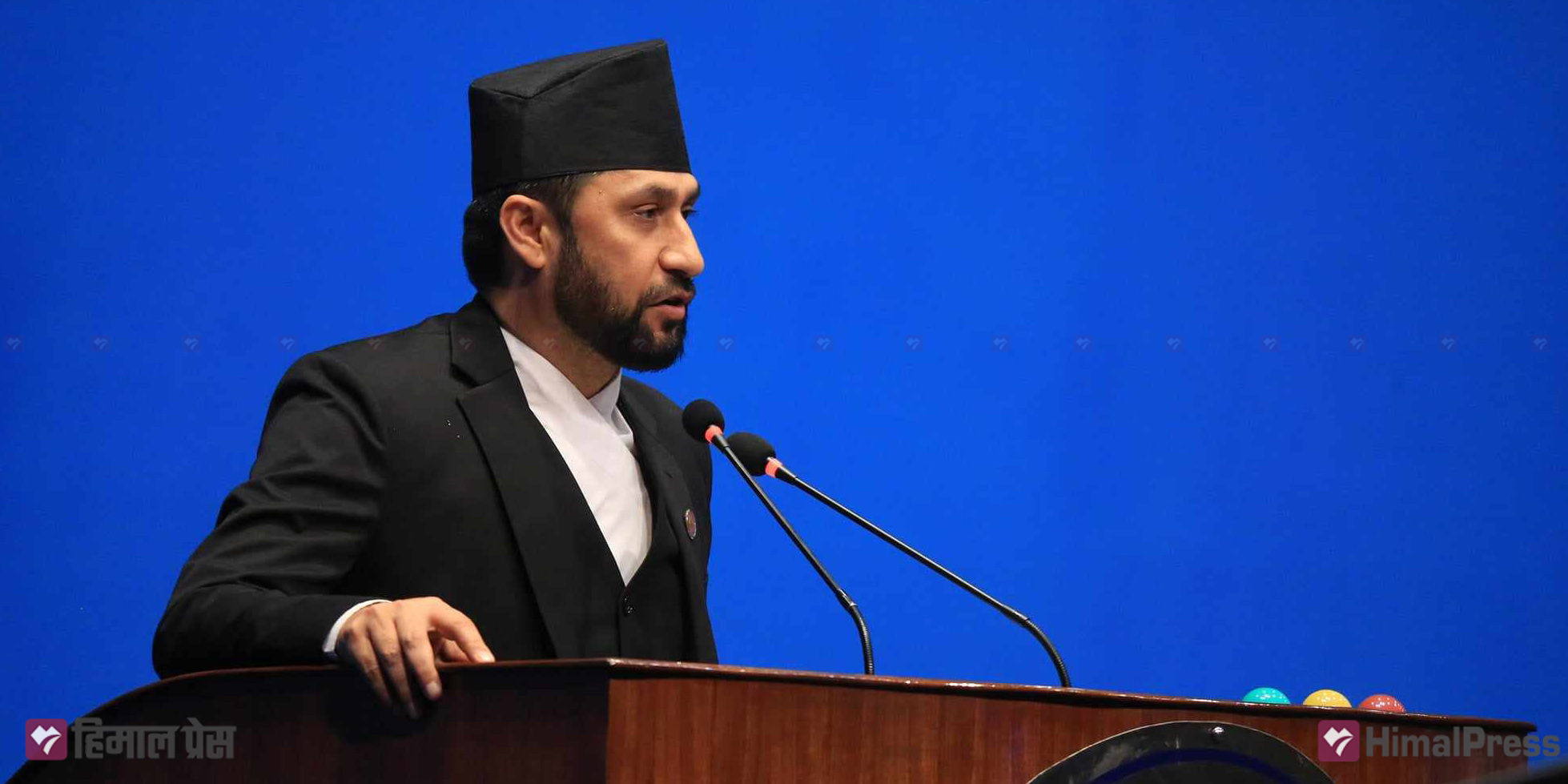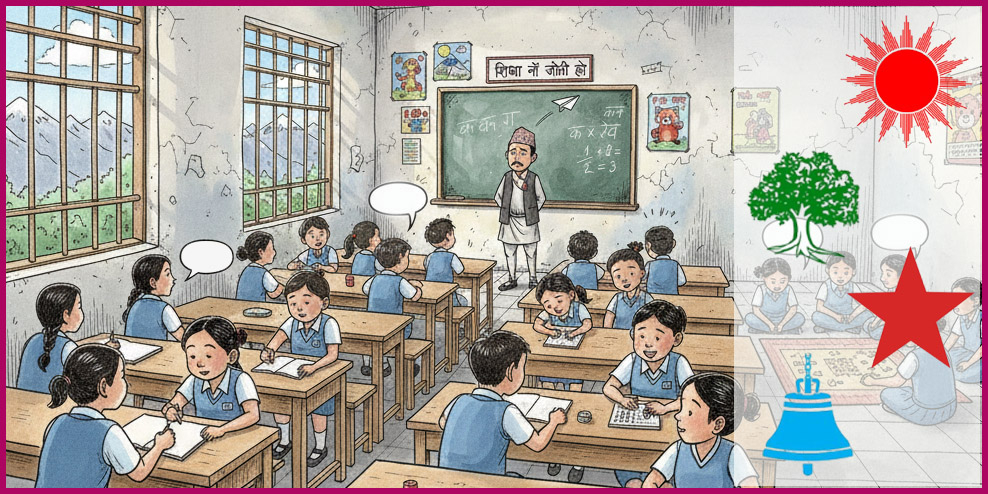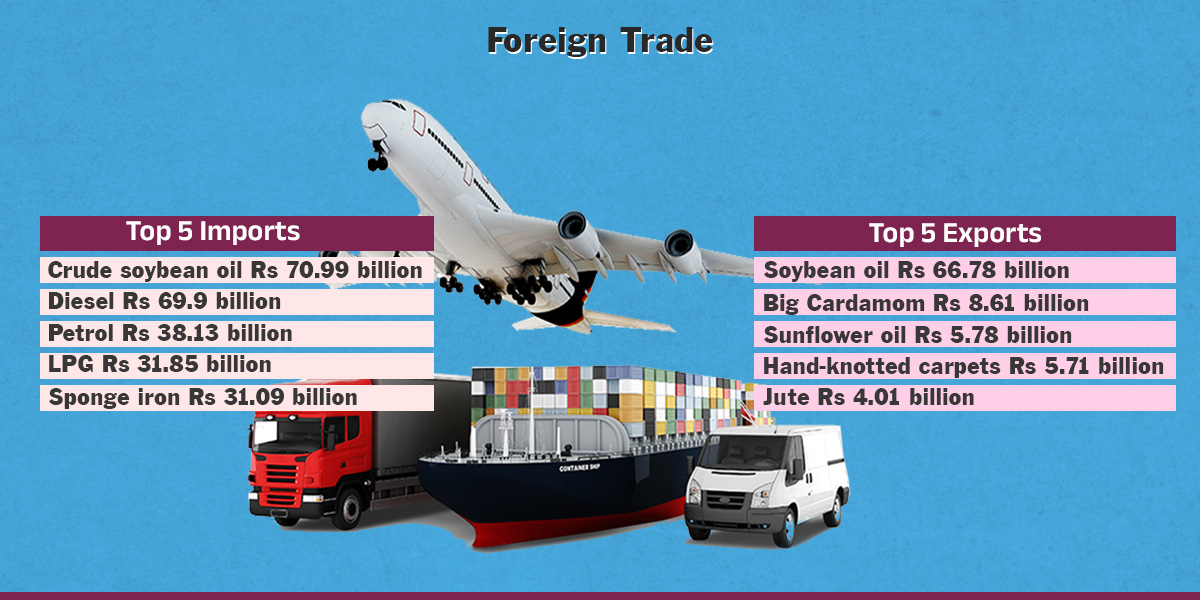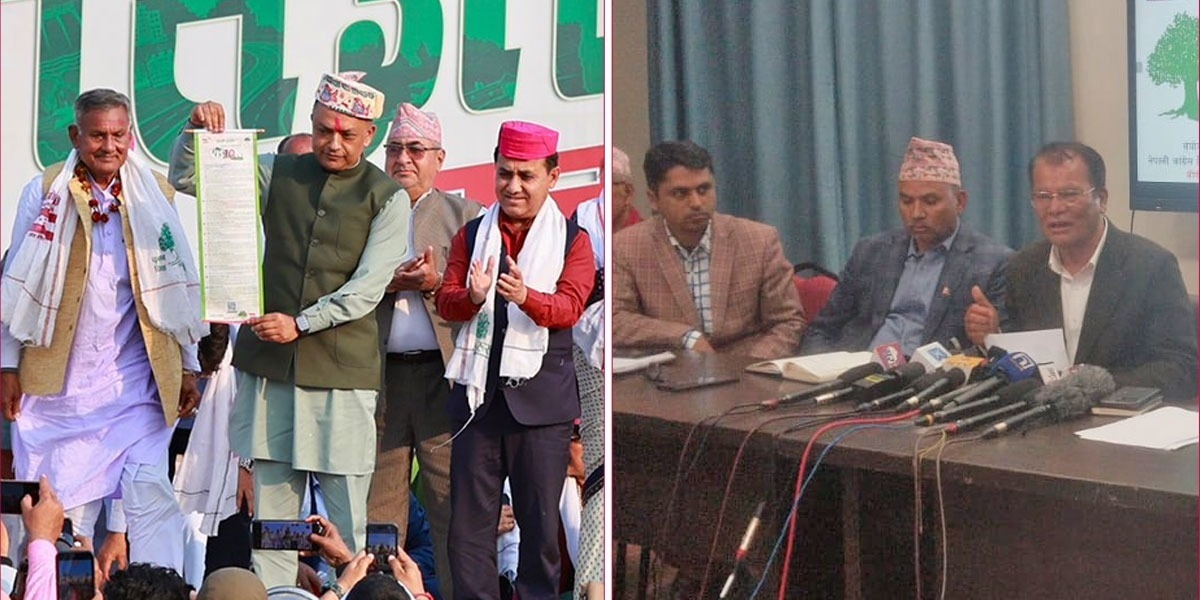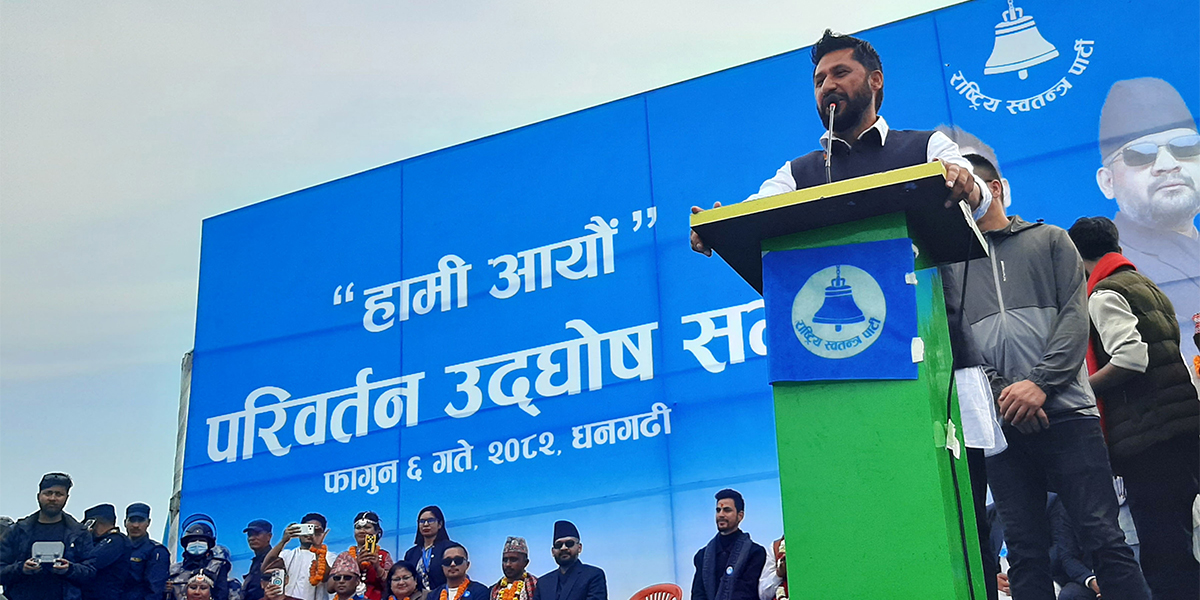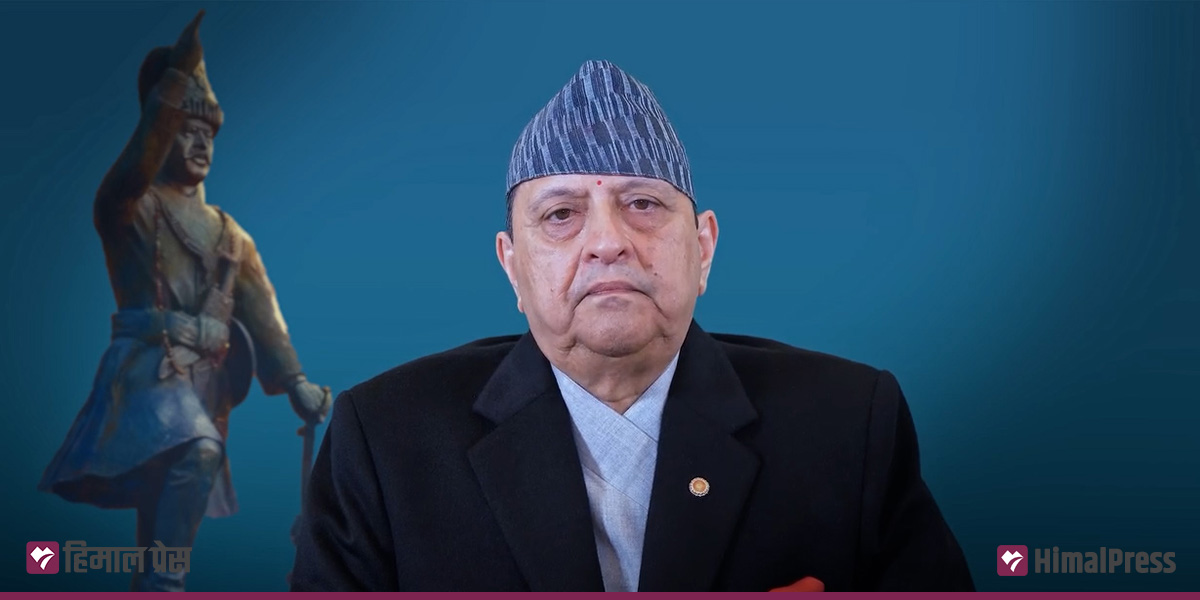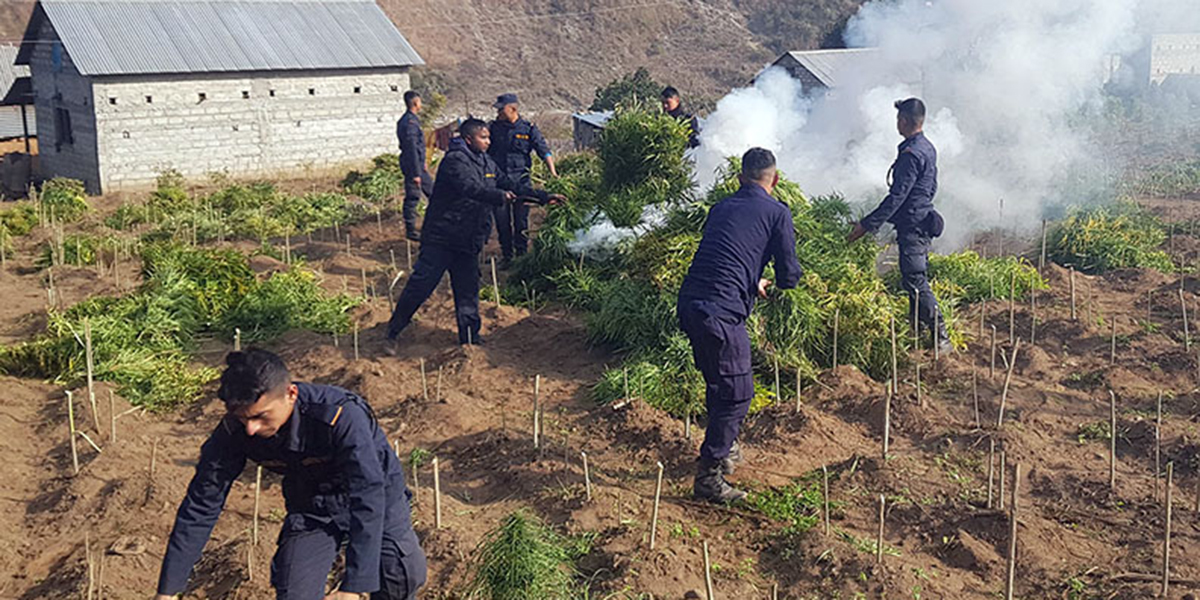 Police personnel destroying marijuana plants in this undated photo. Photo: RSS
Police personnel destroying marijuana plants in this undated photo. Photo: RSS
KATHMANDU: The government is making preparations to legalize marijuana cultivation after a ban of five decades.
Officials of the Ministry of Finance have announced provisions for the controlled cultivation of marijuana through the budget for the upcoming fiscal year. In the budget speech, the government has proposed conducting a feasibility study on marijuana cultivation for medicinal purposes. The decision to study the feasibility comes in response to calls for the legalization of marijuana cultivation from different quarters.
Marijuana cultivation of was legal in Nepal until the 1950s. In 1961, Nepal signed Single Convention on Narcotic Drugs, 1961 passed by the United Nations. The convention classified marijuana as a narcotic drug. After signing the convention, Nepal enacted the Drugs Control Act, 1976, which effectively put a ban on marijuana cultivation. Subsequently, the government brought the National Policy for Drug Control, 2006, and Drugs Control Strategy, 2010. All these laws clearly state marijuana is illegal in Nepal.
Under these laws and policies, the cultivation of marijuana and opium is strictly prohibited. Violators face heavy fines and government agencies have been working actively to eradicate marijuana cultivation.
According to the Drugs Control Act 1976, individuals caught consuming marijuana can face imprisonment for up to one month or a fine of up to Rs 2,000. Those found cultivating up to 25 marijuana plants can be imprisoned for up to three months or fined.
Stating that many countries are currently cultivating marijuana for medicinal and recreational purposes, Minister Mahat said marijuana farming can bring economic benefits to Nepal.
Section 14 of the Act states that possession of marijuana up to 50 grams can result in imprisonment for up to three months or a fine of up to Rs 3,000. Similarly, possession of up to 500 grams can lead to imprisonment for up to two years or a fine of up to Rs 10,000, and possession of up to 10 kilograms can result in imprisonment for up to three years or a fine of up to Rs 25,000. Possession of any amount exceeding ten kilograms can lead to imprisonment for two to ten years or a fine ranging from Rs 15,000 to 100,000.
Despite these legal provisions, marijuana cultivation has persisted in Nepal.
Responding to questions raised by lawmakers in parliament, Minister for Finance Dr Prakash Sharan Mahat said that the government initially stopped marijuana cultivation due to pressure from foreign parties, even though marijuana smoking has cultural roots in Nepal. “Smoking marijuana is a tradition in our villages. We stopped it because others asked us to stop, as they withheld aid,” he added.
Stating that many large countries are currently cultivating marijuana for medicinal and recreational purposes, Mahat said marijuana cultivation can bring economic benefits to Nepal.
The debate surrounding the legalization of marijuana cultivation in Nepal had also taken place during the previous term of the House of Representatives. Former members of the House of Representatives, Birodh Khatiwada and Sher Bahadur Tamang, among others, had even registered a non-governmental bill to legalize marijuana cultivation. The bill, however, did not progress further.
Tamang, one of the proponents, has welcomed the government’s proposal. “Nepal can get economic benefits by selling marijuana. Marijuana fiber can be used to make clothes and footwear, while its oil has medicinal properties,” he added.

 Himal Press
Himal Press 


